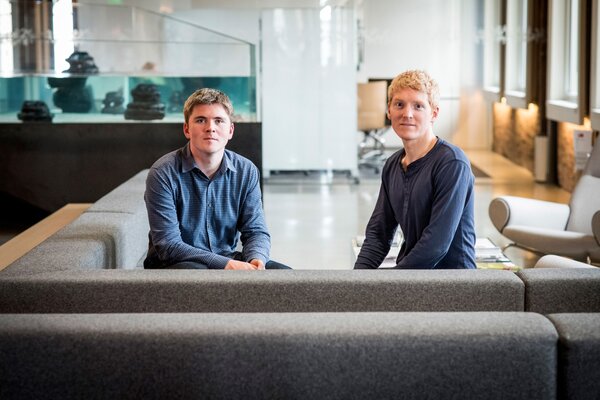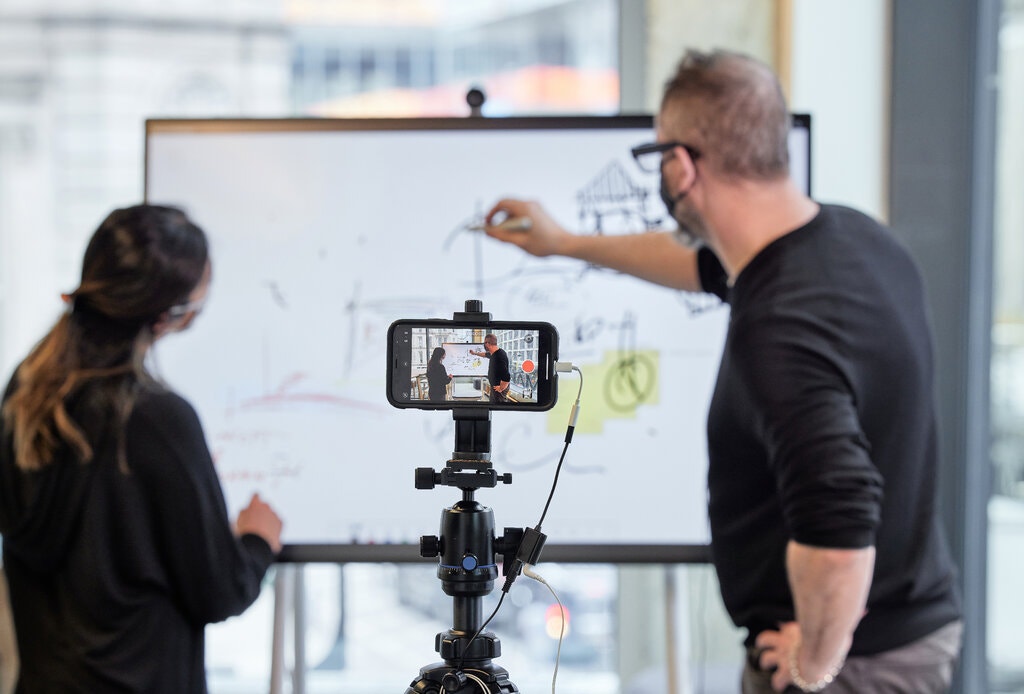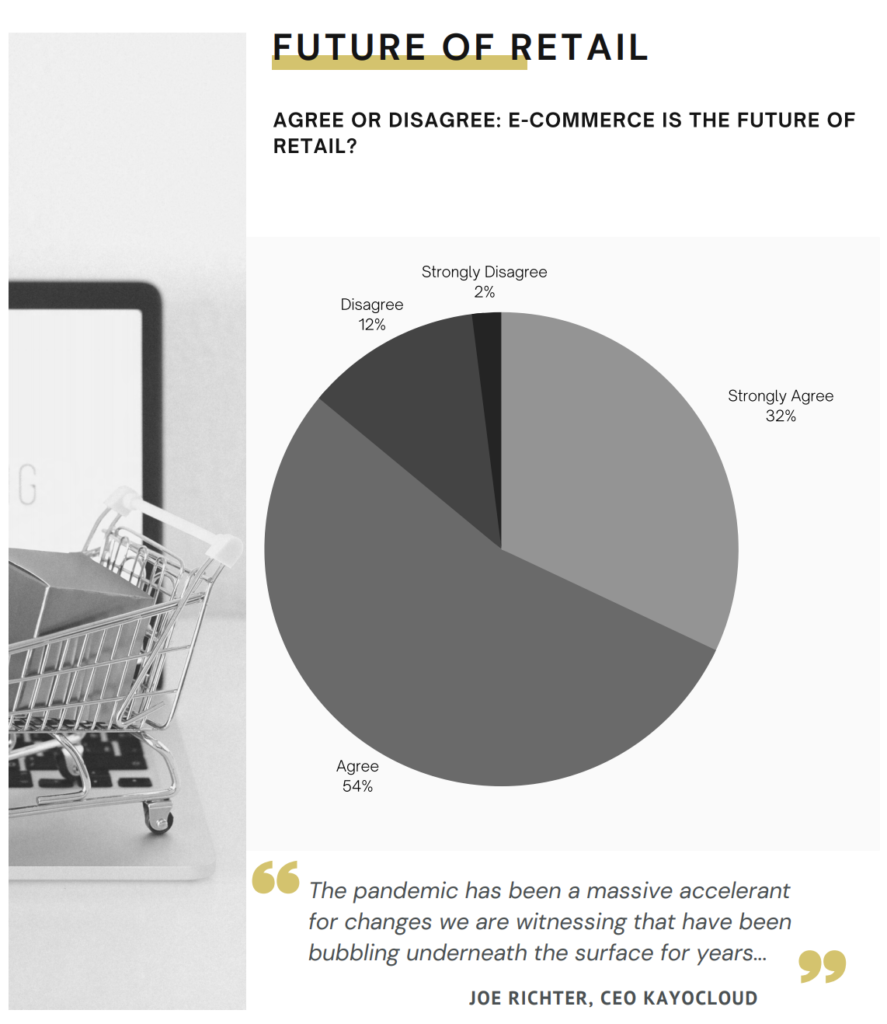
For some time, I’ve been looking for one “source” that curates modern takes on HR Tech, perspectives from the people who build it, and its impact on enterprise — something that’s tailor-made by professionals for decision-makers.
I never found it — so I decided to build it.
Every week, I’ll be sharing fresh insights on tech platforms, design, data, and the future of work — straight to your inbox.
My Thoughts
For some job seekers, TikTok is the new go-to place for career advice. Users are sharing interview questions, tips, and resources. 💅📱 It’s an interesting development — especially for recruiters looking to hire from Gen Z. I can see platforms like TikTok changing how we recruit — but like all new platforms, it’s going to take a while to develop best practices. Short, digestible learning content can be a great way for recruiters to network or connect with users who are new to the labor force. But we have to ensure that it’s not being used to exploit inexperienced job seekers.
Tech Innovation at Work
Uber Eats and Doordash have added thousands of “virtual brands” to their platform. Restaurants and chains are creating online-only brands from their kitchens, tapping existing staff, equipment and food to broaden delivery options. 🍲🍕🌯 In addition to responding to the pandemic, these virtual brands also provide a low-cost way for restaurants to try to boost sales without building new spaces Euromonitor analyst Michael Schaefer says that virtual brands and ghost kitchens can account for 6% to 8% of global food and drink spending by 2030, or $1 trillion in sales. 🔥💸 There is some concern that this will erode the restaurant experience — but considering the success new virtual brands have had, these concerns are unlikely to slow their momentum.
Despite the scandal over GameStop, Wall Street competitor startups show no signs of slowing down. 📈🏦📱 Robinhood is still looking forward to its IPO. Stripe, a payments company, raised $600 million in a financing that valued it at $95 billion, the highest ever for a private startup in the United States. Coinbase, a cryptocurrency startup, is scheduled to go public in the next few weeks in what could be a $100 billion listing. These startups offer slick and easy-to-use apps with no physical branches and low or no fees. They are also tapping into the widespread distrust of commercial banks. That said — the good days are unlikely to last forever, and many fintech startups will experience growing pains — or a painful reality check. 🤔🎻 Real innovation is happening — but there’s also a fair bit of hot air. 🎈

Funding is moving fast on the French fashion tech scene. 💃🚲🛍️ According to Sebastien Fabre, founder of Aguablanca.co and former CEO of Vestiaire Collective, before the pandemic, seed stage startups were seeing between €500,000 and €1.5 million. Now, they’re in the €2.5 million to €4 million range. Replika software — a platform that connects brands to social sellers — is one to watch. 📱✨Dior, L’Oreal, and others are all using it for their beauty advisors. Tekyn — a production automation platform to combat overproduction — has raised €5.5 million. 👗👩💻 Because the market is smaller, valuations in France tend to be lower, but many of these companies have a global vision. More companies around the world are catching on that tech isn’t just the back-office — it’s the core of customer experience.
For those in the NYC area — the Tribeca Film Festival is back. 🍷🎬 The 12-day festival presented by AT&T will host innovative community screenings across all five boroughs. COVID-19 safety measures will be in place, but live events are happening. 👷🌳 Robert De Niro, Co-Founder of the Tribeca Festival, had this to say: “The Tribeca Film Festival was born out of our mission to bring people together in the aftermath of 9/11. We’re still doing it, and as New York emerges from the shadow of COVID-19, it seems just right to bring people together again in-person for our 20th anniversary festival.”
As companies return to the office, we’ll likely see a lot of partitions, mobile tables, and larger collaborative spaces. 👨💼🏢 But technological innovations in the workplace in the coming years will go far beyond video conferencing — companies like Microsoft are already figuring out how to leverage AI, AR, and VR technologies to transform employee experience. 📱📹🔥 Phone booths, for instance, will likely give way to video conferencing booths. There are discussions about holographic representations of employees taking a seat at the table. Instead of buttons, landlords are already experimenting with foot petals to activate the elevator. 🔮🤖 It’s a toss up whether any or all of these technologies will be adopted, but commercial landlords will be investing heavily in innovation in order to convince companies to stay.

The Changing Workplace
I’m continuing to follow the Goldman Sachs analyst story from a few weeks ago, and the one question that comes up consistently is: how can technology help? 🤔☁️🤖 As more and more companies use platforms like Slack, Microsoft Teams, and Zoom, these platforms are also capturing large volumes of data from employees. Systems like these capture data that may be useful for HR — for instance, are messages being sent 24/7? 👩💻😴 Or, on average, how late do meetings run? Data like this can reveal what is really happening in organizations and offer a snapshot of employee experience. 💪💡 It would reveal whether places like GS have problems with work/life harmony much earlier and help set set metrics for change.
Here’s a nice conversation with Francesca Gino, the Tandon Family Professor of Business Administration at Harvard Business School. Gino notes that we often bury our personalities to make sure we’re a good “cultural fit,” but companies that are serious about culture usually find ways to embrace diversity and individuality. 🏆⛷️✊ According to Gino, it’s about “bringing out more willingly who we are rather than checking our identity at the door as we go to work. It’s really thinking about what makes you, you; what are your personal strengths and talents, to make sure that you are leveraging them in the work that you do, or in your personal life, rather than quieting them down.”
Work from home isn’t the only trend that makes up the “new normal.” Here are a few others:
- We’re seeing the rise of ongoing and informational reviews. Many companies are looking beyond the annual review and staying in frequent contact with employees. 👨💻🗣️ This helps keep employees updated. It also provides a clearer picture of the business for managers.
- Communication tools have grown, and the way we use them has also changed. 📱📹💅 Tools like Zoom and Slack are more embedded into operations than ever before, and this has created more transparent communications, more efficient and effective communications, and overall, more informed employees.
- Companies have also been focusing more on engagement. HR departments are creatine new programs to improve conversation, connection, and overall engagement. 📊🔌 2020 has seen employee engagement programs skyrocket. A survey from Josh Bersin states that 83 percent of employees feel better supported by management now.
All About Data
Wondering about the future of office space? The Real Estate Daily Beast and Kayo, a machine learning tech platform, took an interesting look at the impact of COVID on commercial real estate. 🏘️🏨 They conducted a survey with 164 commercial landlords, and here’s what they found:
- 82% of respondents plan to implement a hybrid model that combines remote work with in-person collaborations.
- 39% of property owners don’t expect the 10-year office lease to remain a fixture of the industry by September 2022.
- When asked which asset class will see the most bankruptcies in the next 12 months, 48% selected hotels, 42% retail, and 10% offices.
- Reflective of a new reality, 86% of respondents agreed with the
statement that “e-commerce is the future of retail.” 🙌🛍️

Click here to subscribe to Exit Interview, a weekly email about tech platforms, design, data, and the future of work — straight to your inbox.

